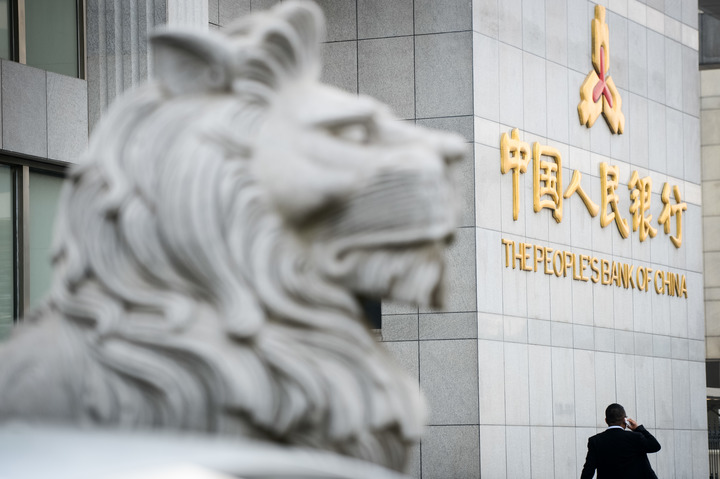
BEIJING, April 15 (Xinhua) -- Chinese central bank, the People's Bank of China (PBOC) intended to carry out stress test over all of the 4,024 banks in the country this year, reported Xinhua-run Xinhua Finance citing an article publicized on PBOC-guided financial magazine China Finance Wednesday.
PBOC said the move aimed at effectively discovering banks and areas with high risks and systemic risks as well, and making related risk monitoring and alerting more forward-looking, scientific and effective.
The Chinese central bank also vowed to explore together with other financial regulators a prudent regulatory framework for climate change-related financial risks control.
Currently, the international community is more and more concerned with climate change-related financial risks which might become one of the important sources for future systemic risks.
In 2020, the 1,550 banks tested by PBOC's stress test and whose assets accounted for 78 percent of China's banking institutions suffered as a whole a drastic decline of their capital adequacy ratio (CAR) to 9.86 percent from 14.73 percent under severe shocks from the 400 percent upsurge in overall non-performing loan (NPL) ratio.
The figure was lower than the 10.5 percent of CAR required by Chinese regulators but still higher than the eight percent of minimum capital requirement excluding reserve capital required by the Basel III, an international regulatory accord that introduced a set of reforms designed to improve the regulation, supervision, and risk management within the banking sector.
Last year, NPL ratio of the 1,550 banks tested bounced up to 8.5 percent from 1.7 percent.
For 30 banks each with more than 800 billion yuan of assets, their CARs dropped 4.19 percentage points to 10.88 percent from 15.07 percent in 2020.
Generally, large banks tested by PBOC's stress test boasted stronger risk control capability than small- and medium-sized banks.
This year, PBOC will continue to optimize regular banking stress test mechanism and strengthen application of stress test results. (Edited by Duan Jing with Xinhua Silk Road, duanjing@xinhua.org)




 A single purchase
A single purchase









